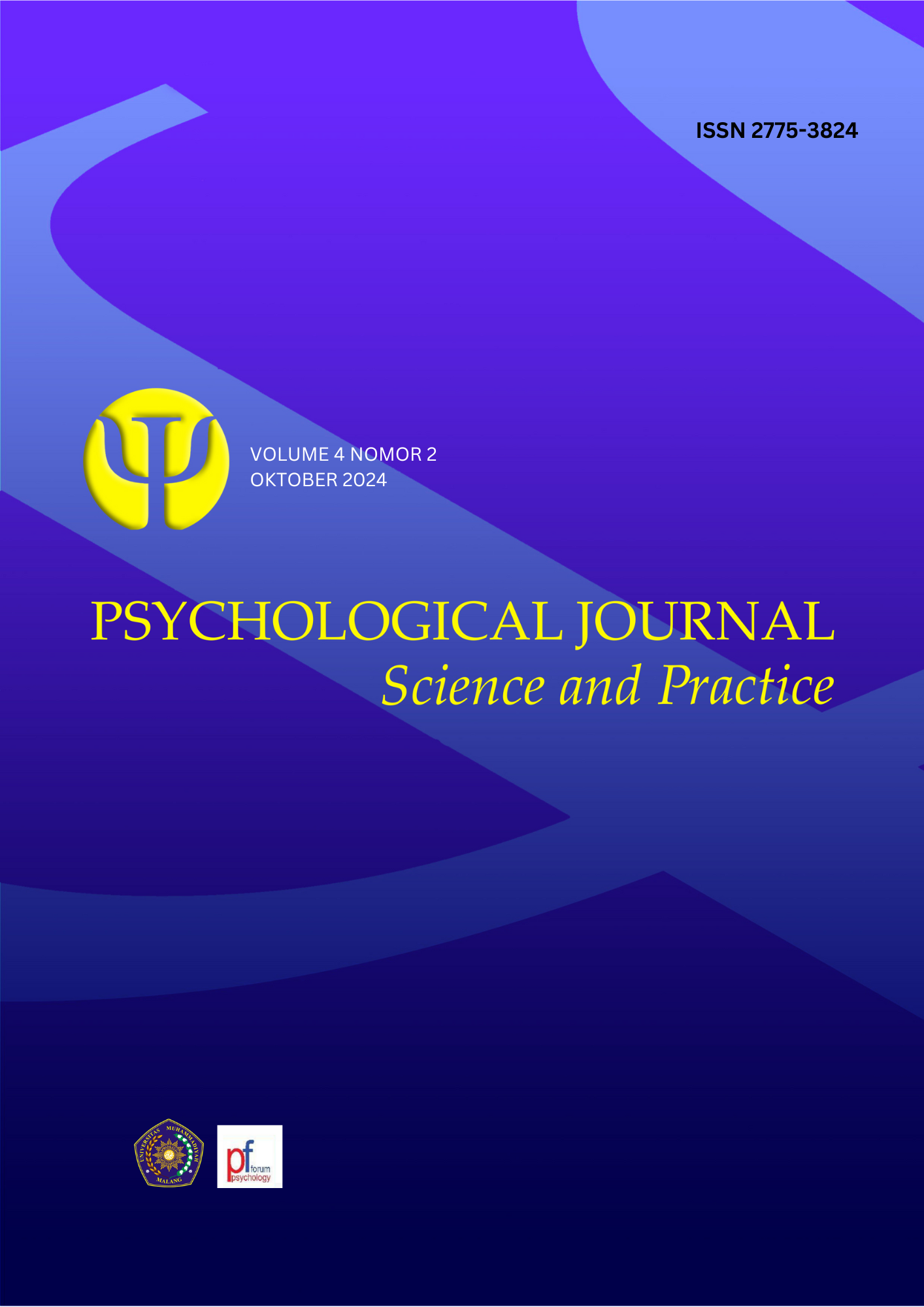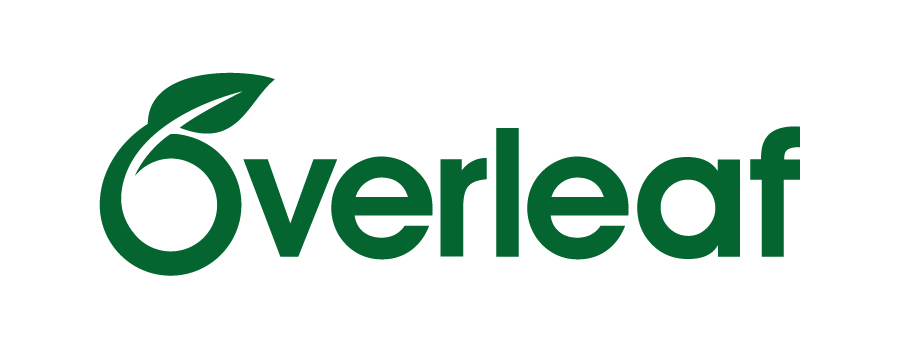- Parenting self-efficacy sebagai moderator dalam hubungan mindful parenting dan stres pengasuhan pada ibu yang memiliki anak usia dini
-
DOI:
https://doi.org/10.22219/pjsp.v4i2.36265Keywords:
Mindful parenting, moderation, parenting self-efficacy, parenting stressAbstract
Mothers of young children often experience parenting stress due to physical and emotional demands, lack of experience, and limited personal time. This condition can affect parenting processes and child development during the golden age. To understand how parenting self-efficacy (PSE) can reduce parenting stress through mindful parenting, an analysis was conducted involving 200 mothers with young children. Mindful parenting was measured using the Mindfulness in Parenting Questionnaire (MIPQ), parenting stress with the Parental Stress Scale (PSS), and PSE with the Self-Efficacy for Parenting Tasks Index (SEPTI). The results showed that PSE moderates the relationship between mindful parenting and parenting stress. The interaction coefficient of 0.0084 with a p-value of 0.024 indicates that higher PSE can strengthen the positive effects of mindful parenting in reducing parenting stress.
Downloads
References
Aisha, D., & Aska, W. U. (2022). Tingkat Stres Pengasuhan pada Ibu di Desa Waluya Kabupaten Karawang. CENDEKIA: Jurnal Ilmu Sosial, Bahasa dan Pendidikan, 2(2), 96–103. https://doi.org/10.55606/cendikia.v2i2.309
Albanese, A. M., Russo, G. R., & Geller, P. A. (2019). The Role of Parental Self‐Efficacy in Parent and Child Well‐Being: A Systematic Review of Associated Outcomes. Child: Care, Health and Development, 45(3), 333–363. https://doi.org/10.1111/cch.12661
Bandura, A. (1994). Self-Efficacy. In Encyclopedia of Human Behavior (hal. 71–81). New York: Academic Press.
Berry, J. O., & Jones, W. H. (1995). The Parental Stress Scale: Initial Psychometric Evidence. Journal of Social and Personal Relationships, 12(3), 463–472. https://doi.org/10.1177/0265407595123009
Brown, S.M., Bender, K.A., Bellamy, J.L., Garland, E.L., Dmitrieva, J., & Jenson, J.M. (2018). "A pilot randomized trial of a mindfulness-informed intervention for child welfare-involved families." Mindfulness, 9(4), 1001-1015.
Cassé, J. F. H., Oosterman, M., & Schuengel, C. (2016). Parenting Self-Efficacy Moderates Linkage Between Partner Relationship Dissatisfaction and Avoidant Infant–Mother Attachment: A Dutch Study. Journal of Family Psychology, 30(8), 935–943. https://doi.org/10.1037/fam0000247
Clark, R., Tluczek, A., & Wenzel, A. (2003). Psychotherapy for Postpartum Depression: A Preliminary Report. American Journal of Orthopsychiatry, 73(4), 441–454. https://doi.org/10.1037/0002-9432.73.4.441
Coleman, P. K., & Karraker, K. H. (2000). Parenting Self‐Efficacy Among Mothers of School‐Age Children: Conceptualization, Measurement, and Correlates. Family Relations, 49(1), 13–24. https://doi.org/10.1111/j.1741-3729.2000.00013.x
Crnic, K., & Acevedo, M. (2002). Everyday Stresses and Parenting. In Handbook of Parenting Volume 5 Practical Issues in Parenting (Vol. 5, hal. 243–269). London: Lawrence Erlbaum Associates, Inc. Diambil dari https://www.researchgate.net/publication/232498354_Everyday_stresses_and_parenting
de Montigny, F., & Lacharité, C. (2005). Perceived Parental Efficacy: Concept Analysis. Journal of Advanced Nursing, 49(4), 387–396. https://doi.org/10.1111/j.1365-2648.2004.03302.x
Deater-Deckard, K. (2004). Parenting Stress. New Haven: Yale University Press. https://doi.org/10.12987/yale/9780300103939.001.0001
Dabrowska, A. dan Pisula, E. 2010. Parenting Stress and Coping Styles in Mothers and Fathers of Pre-School Children with Autism and Down Syndrome. Journal of Intellectual Disability Research.
Diem-Wille, G. (2018). Latency : The Golden Age of Childhood. London: Routledge. https://doi.org/10.4324/9780429445415
Fatimah, S. (2015). Pengaruh Parenting Self-Efficacy dan Dukungan Sosial terhadap Parenting Stress Pada Orangtua dengan Anak Berkebutuhan Khusus (UIN Syarif Hidayatullah). UIN Syarif Hidayatullah. Diambil dari https://repository.uinjkt.ac.id/dspace/handle/123456789/41351
Gable, & Conger. (2007). Positive Parenting Practices and Children’s Adjustment: A Developmental Perspective. In Handbook of Parenting (hal. 323–354). Mahwah: Erlbaum.
Hasni, N., & Karmiyati, D. (2023). Pengaruh Mindful Parenting dalam Menurunkan Stres Pengasuhan: Tinjauan Sistematik. Flourishing Journal, 3(12), 526–535. https://doi.org/10.17977/um070v3i122023p526-535
Hayes, A. F. (2018). Introduction to Mediation, Moderation, and Conditional Process Analysis: A Regression-Based Approach (2nd ed.). Guilford Press.
Henrich, & Holmes. (2005). Parental Self-Efficacy Beliefs and Parenting Practices: A Test of the Mediational Model Using Structural Equation Modeling. Journal of Clinical Child and Adolescent Psychology, 34(2), 247–261.
Jones, T. L., & Prinz, R. J. (2005). Potential Roles of Parental Self-Efficacy in Parent and Child Adjustment: A Review. Clinical Psychology Review, 25(3), 341–363. https://doi.org/10.1016/j.cpr.2004.12.004
Kiong, M. (2014). Mindfull Parenting. Kementerian Koordinator Bidang Pembangunan Manusia dan Kebudayaan Bekerja sama dengan Yayasan EMKA.
Kong, C., & Yasmin, F. (2022). Impact of Parenting Style on Early Childhood Learning: Mediating Role of Parental Self-Efficacy. Frontiers in Psychology, 13, 1–11. https://doi.org/10.3389/fpsyg.2022.928629
Kemenkes RI. (2018). Riset Kesehatan Dasar; RISKESDAS. Jakarta: Balitbang Kemenkes RI
Lesniowska, R., Gent, A., & Watson, S. (2016). Maternal Fatigue, Parenting Self‐Efficacy, and Overreactive Discipline During the Early Childhood Years: A Test of A Mediation Model. Clinical Psychologist, 20(3), 109–118. https://doi.org/10.1111/cp.12056
Lestari, S. (2012). Psikologi Keluarga. Jakarta: Kencana Prenada Media Group.
Lutfatulatifah, L. (2020). Dominasi Ibu dalam Peran Pengasuhan Anak di Benda Kerep Cirebon. Equalita: Jurnal Studi Gender dan Anak, 2(1), 67–73. https://doi.org/10.24235/equalita.v2i1.7057
McCaffrey, S., Reitman, D., & Black, R. (2017). Mindfulness In Parenting Questionnaire (MIPQ): Development and Validation of a Measure of Mindful Parenting. Mindfulness, 8(1), 232–246. https://doi.org/10.1007/s12671-016-0596-7
McMahon, C. A., & Meins, E. (2012). Mind-Mindedness, Parenting Stress, and Emotional Availability in Mothers of Preschoolers. Early Childhood Research Quarterly, 27(2), 245–252. https://doi.org/10.1016/j.ecresq.2011.08.002
McPherson, & Turner. (2006). Parenting Self-Efficacy, Perceived Stress, and Parenting Satisfaction Among Low-Income Single Mothers. Journal of Family Issues, 27(1), 101–120.
Nair, P., Schuler, M. E., Black, M. M., Kettinger, L., & Harrington, D. (2003). Cumulative Environmental Risk in Substance Abusing Women: Early Intervention, Parenting Stress, Child Abuse Potential and Child Development. Child Abuse & Neglect, 27(9), 997–1017. https://doi.org/10.1016/S0145-2134(03)00169-8
National Mental Health Association. (2003). Recognizing Postpartum Depression. Diambil 9 September 2024, dari nmha.org website: from www.nmha.org
Östberg, M., Hagekull, B., & Hagelin, E. (2007). Stability and Prediction of Parenting Stress. Infant and Child Development, 16(2), 207–223. https://doi.org/10.1002/icd.516
Preacher, K. J., & Hayes, A. F. (2008). Asymptotic and resampling strategies for assessing and Comparing Indirect Effects in Multiple Mediator Models. Behavior Research Methods, 40(3), 879–891. https://doi.org/10.3758/BRM.40.3.879
Rahmawati, R. A., & Ratnaningsih, I. Z. (2020). Hubungan antara Parenting Self-Efficacy dan Konflik Pekerjaan-Keluarga pada Ibu Bekerja yang Memiliki Anak Usia Sekolah Dasar di PT. “X” Cirebon. Jurnal EMPATI, 7(2), 582–590. https://doi.org/10.14710/empati.2018.21681
Saraswati, D. E. S. (2018). Faktor yang Berpengaruh terhadap Kejadian Postpartum Blues. Journal of Health Sciences, 11(2), 130–139. https://doi.org/10.33086/jhs.v11i2.105
Sofyan, I. (2019). Mindful Parenting: Strategi Membangun Pengasuhan Positif dalam Keluarga. Journal of Early Childhood Care and Education, 1(2), 41–47. https://doi.org/10.26555/jecce.v1i2.241
Stockemer, D. (2018). Quantitative Methods for the Social Sciences: A Practical Introduction with Examples in SPSS and Stata. In Quantitative Methods for the Social Sciences: A Practical Introduction with Examples in SPSS and Stata. Switzerland: Springer. https://doi.org/10.1007/978-3-319-99118-4
Wang, X., & Cheng, Z. (2020). Cross-Sectional Studies: Strengths, Weaknesses, and Recommendations. CHEST, 158(1), S65–S71. Diambil dari https://doi.org/10.1016/j.chest.2020.03.012
You, J.-H., & Bae, S.-M. (2024). The Moderating Effect of Parenting Efficacy on the Relationship Between Child’s Temperament and Parental Depression. Children and Youth Services Review, 157, 107403. https://doi.org/10.1016/j.childyouth.2023.107403
Zeb, S., Akbar, A., Gul, A., Haider, S. A., Poulova, P., & Yasmin, F. (2021). Work–Family Conflict, Emotional Intelligence, and General Self-Efficacy Among Medical Practitioners During the COVID-19 Pandemic. Psychology Research and Behavior Management, 14, 1867–1876. https://doi.org/10.2147/PRBM.S333070
Downloads
Published
How to Cite
Issue
Section
License
Copyright (c) 2024 Nazlah Hasni

This work is licensed under a Creative Commons Attribution-ShareAlike 4.0 International License.
Authors who publish with Psychological Journal: Science and Practice (PJSP) agree to the following terms:
- For all articles published in Psychological Journal: Science and Practice (PJSP), copyright is retained by the authors. Authors give permission to the publisher to announce the work with conditions. When the manuscript is accepted for publication, the authors agree to automatic transfer of the publishing right to the publisher.
- Authors retain copyright and grant the journal right of first publication with the work simultaneously licensed under a Creative Commons Attribution-ShareAlike 4.0 International License that allows others to share the work with an acknowledgment of the work's authorship and initial publication in this journal.
- Authors are able to enter into separate, additional contractual arrangements for the non-exclusive distribution of the journal's published version of the work (e.g., post it to an institutional repository or publish it in a book), with an acknowledgment of its initial publication in this journal.
- Authors are permitted and encouraged to post their work online (e.g., in institutional repositories or on their website) prior to and during the submission process, as it can lead to productive exchanges, as well as earlier and greater citation of published wor (See The Effect of Open Access).
This work is licensed under a Creative Commons Attribution-ShareAlike 4.0 International License.








